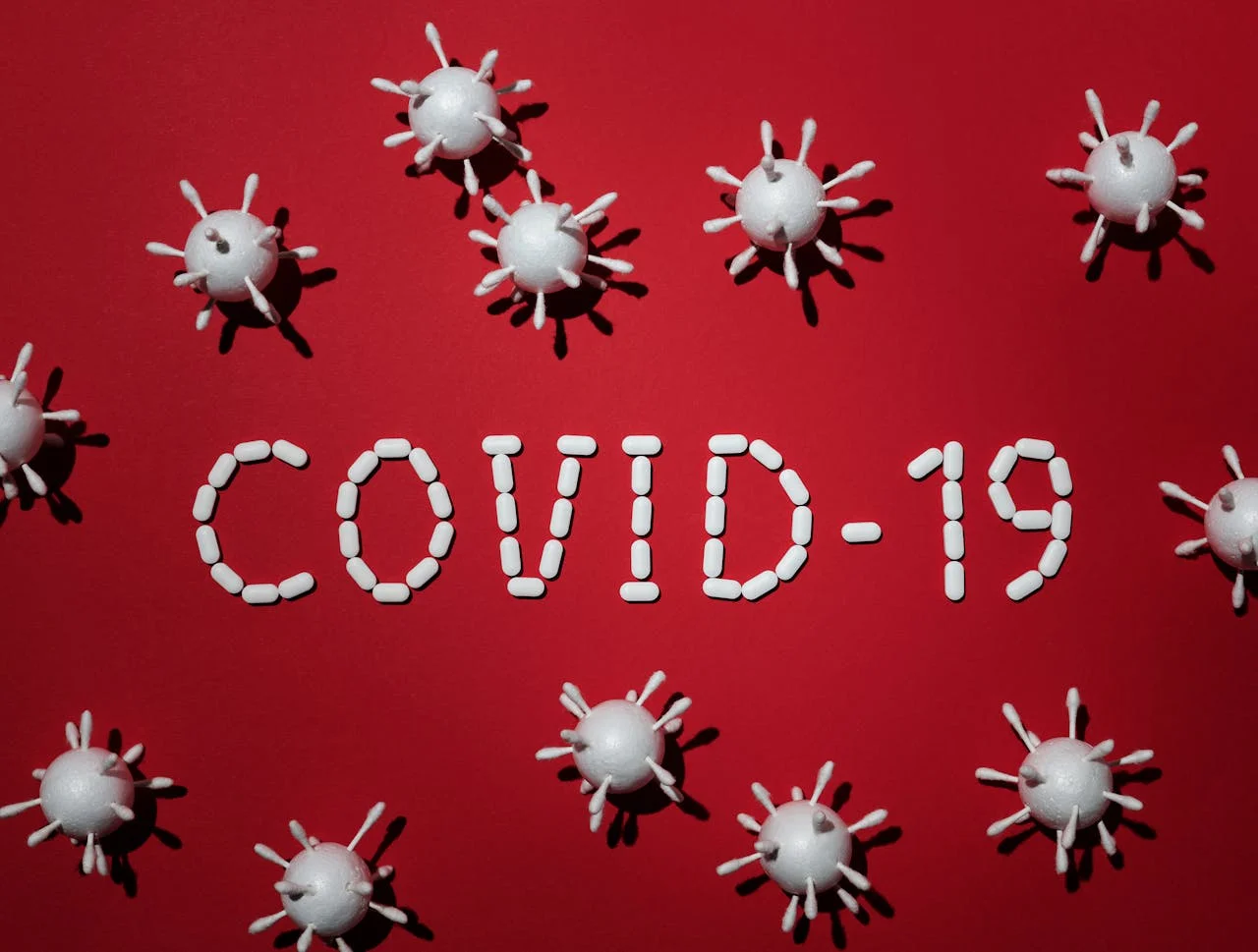
Pfizer Inc. (NYSE: PFE) has reported promising top-line data on the immunogenicity and safety of ABRYSVO® from its pivotal Phase 3 clinical trial MONeT (RSV IMmunizatiON Study for AdulTs at Higher Risk of Severe Illness). The trial, registered under NCT05842967, assessed a single dose of ABRYSVO compared to a placebo in adults aged 18 to 59 who are at risk of severe respiratory syncytial virus (RSV)-associated lower respiratory tract disease (LRTD).
Certain underlying chronic conditions elevate the risk of developing and being hospitalized for RSV-associated LRTD among adults. In the United States, about 9.5% of adults aged 18 to 49 have such conditions, increasing to 24.3% among those aged 50 to 64. However, there are currently no approved RSV vaccines for adults aged 18 to 59. The MONeT study was initiated to address this gap by examining the immunogenicity and safety of ABRYSVO in this population, including individuals with conditions like asthma, diabetes, and chronic obstructive pulmonary disease.
Key findings from the MONeT study include:
- Meeting co-primary immunogenicity endpoints, with participants demonstrating non-inferior RSV-A and RSV-B subgroup neutralizing responses compared to those in the Phase 3 RENOIR study of ABRYSVO in adults aged 60 or older.
- Participants achieving at least a four-fold increase in serum neutralizing titers for RSV-A and RSV-B one month post-ABRYSVO administration compared to pre-vaccination levels.
- ABRYSVO being well-tolerated during the trial, with safety findings consistent with previous investigations across different populations.
Pfizer successfully met its diversity recruitment goals for the study, ensuring representation from various demographic groups that align with the broader U.S. population.
Pending regulatory approval, Pfizer intends to submit these data to regulatory agencies to expand the age indication of ABRYSVO from the current 60 years and older to 18 years and older. Immunobridging studies will be employed to extrapolate efficacy from older to younger adults, following an established regulatory pathway.
Annaliesa Anderson, Ph.D., Senior Vice President and Head of Vaccine Research and Development at Pfizer, commented, “These encouraging results provide evidence that ABRYSVO can help protect adults with increased risk against RSV-associated illness. We are excited to address a significant unmet need, pending regulatory authority approval, as ABRYSVO has the potential to become the first and only RSV vaccine for adults 18 years and older.”
MONeT is a Phase 3, multicenter clinical trial (NCT05842967) evaluating the safety, tolerability, and immunogenicity of ABRYSVO in adults at risk of RSV-associated disease, including those with certain chronic medical conditions and immunocompromised individuals.
Respiratory syncytial virus (RSV) is a contagious virus that commonly causes respiratory illness, particularly severe in young infants, older adults, and individuals with specific chronic medical conditions.
ABRYSVO is a bivalent vaccine designed by Pfizer to provide broad protection against all RSV-LRTD, regardless of the virus subgroup.
In addition to MONeT, Pfizer has initiated clinical trials to evaluate ABRYSVO in children aged two to less than 18 years who are at higher risk for RSV disease.
ABRYSVO INDICATIONS AND SAFETY INFORMATION
ABRYSVO is indicated in the US for the prevention of lower respiratory tract disease (LRTD) caused by RSV in people aged 60 years and older and for pregnant individuals at 32 through 36 weeks gestational age for the prevention of LRTD and severe LRTD caused by RSV in infants from birth through 6 months of age.
ABRYSVO should not be administered to individuals with a history of severe allergic reactions to any of its components. Precautions should be taken to prevent injury during fainting episodes following vaccination.
Vaccination with ABRYSVO may not provide protection for all recipients. Common side effects observed in adults aged 60 years and older include fatigue, headache, pain at the injection site, and muscle pain, while pregnant individuals may experience pain at the injection site, headache, muscle pain, and nausea. In clinical trials, infants born to vaccinated pregnant individuals experienced low birth weight and jaundice at rates slightly higher than those in the placebo group.





